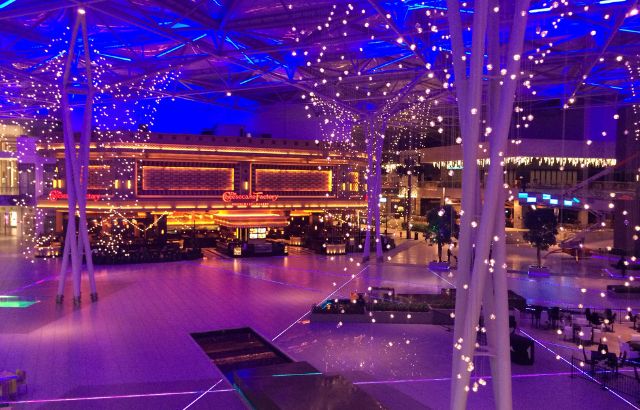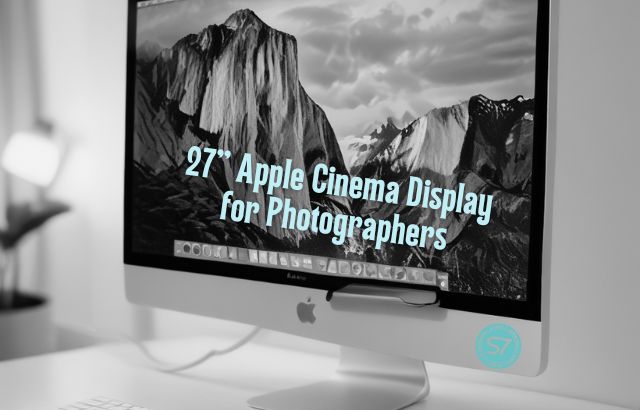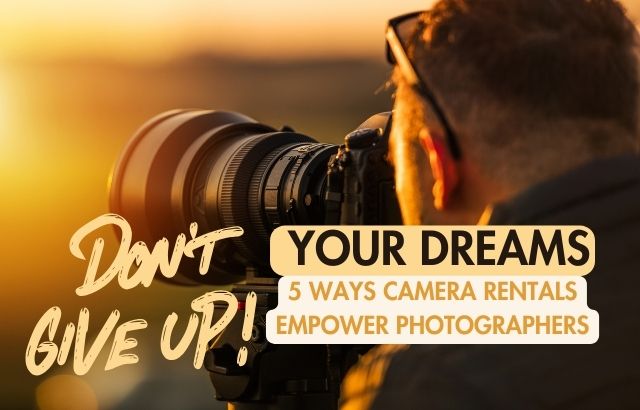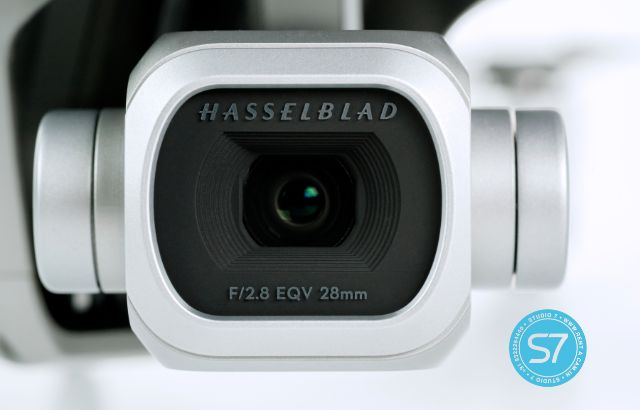imagine stepping into a vibrant concert venue, the air buzzing with excitement and anticipation. The stage is set for an unforgettable performance, and you are there to capture every exhilarating moment. From the infectious energy of the crowd to the raw emotions on stage, event photography allows us to freeze time and immortalize the essence of these extraordinary occasions. In this blog post, we will delve into the world of event photography, exploring its diverse range of applications, lesser-known aspects, and the ultimate power of capturing life in motion.
1. Exploring the Dynamism of Event Photography:

Event photography encompasses a wide range of occasions, both big and small. From grand parties and corporate conferences to electrifying concerts and expansive festivals, event photographers have a knack for immortalizing the essence of these unique gatherings. It is not just about capturing posed shots or staged moments; event photography thrives on capturing the candid, fleeting instances that reveal the true spirit of an event.
2. The Technical Mastery Behind the Lens:

Event photographers possess not only artistic vision but also technical mastery to capture those split-second moments in the best possible way. Utilizing a combination of lighting techniques, composition skills, and expert camera settings, photographers adapt to different scenarios and lighting conditions. This allows them to capture the essence of an event while ensuring the highest quality of the final images.
3. The Power of Immortalizing Emotions:

One of the remarkable aspects of event photography is its ability to freeze emotions in time. Whether it’s the uncontainable joy radiating from a performer on stage or the euphoria on the faces of concert-goers, these images evoke powerful emotions even after the event has ended. Event photographers skillfully navigate the fast-paced environment, seeking out these moments of raw emotion that define the essence of an event.
4. The Unsung Heroes Behind the Scenes:

While event photographers are often visible during an event, their backstage efforts often go unnoticed. From meticulously planning equipment setups and coordinating with event organizers to post-processing images and delivering the final product, their work extends beyond the actual event itself. Behind the scenes, event photographers invest time, effort, and dedication to ensure every moment is captured flawlessly.
5. Uncovering the Unexpected:

Event photography harbors surprises beyond what meets the eye. It presents an opportunity to capture unexpected interactions, unscripted moments, and behind-the-scenes happenings. These shots reveal the hidden stories and unique perspectives that often go unnoticed in the grand scheme of an event. Documenting these lesser-known aspects enriches the visual narrative with depth and authenticity.
Conclusion:

Event photography is a powerful medium that captures the energy, emotions, and essence of diverse occasions. From the thrill of a concert to the intellectual stimulation of a conference, event photographers bring these events to life long after the curtains have closed. By freezing moments in time, they create visual stories that evoke the same emotions and memories as experienced during the actual event. So, the next time you attend an event, take a moment to appreciate the skilled photographers behind the lens, forever preserving the magic and spirit of the occasion.
What are some important factors to consider when hiring an event photographer?
When hiring an event photographer, there are several important factors to consider to ensure you find the right professional for your specific needs. Here are some key factors:
1. Style and Portfolio: Review the photographer’s portfolio to get a sense of their style and see if it aligns with your vision for the event. Look for consistency, creativity, and attention to detail in their previous work.
2. Experience and Expertise: Consider the photographer’s experience in capturing similar types of events. An experienced event photographer is familiar with the challenges and dynamics of different settings and knows how to adapt to various lighting conditions and moments.
3. Equipment: Inquire about the equipment the photographer uses. They should have professional-grade camera gear, backup equipment, and additional lighting if necessary. Quality equipment ensures that your photos will be captured in high resolution and that the photographer is prepared for any technical issues that may arise.
4. Communication and Professionalism: A good event photographer should be responsive, organized, and professional in their communication. They should listen to your requirements, understand your expectations, and be able to provide suggestions and guidance based on their expertise.
5. Pricing and Packages: Discuss pricing and packages upfront to ensure it fits within your budget. Inquire about what is included in the package, such as the number of hours of coverage, the number of edited photos provided, and any additional services or prints offered.
6. Reviews and Recommendations: Look for reviews or testimonials from previous clients to get a sense of their satisfaction with the photographer’s services. Recommendations from trusted sources can also be helpful in finding a reliable and skilled event photographer.
7. Availability: Ensure that the photographer is available on the date and time of your event. It is essential to book well in advance if you have a specific photographer in mind, as popular ones tend to have busy schedules.
By taking these factors into account and conducting thorough research, you can hire an event photographer who can capture the essence of your event and provide you with lasting, memorable images.
What are some ways to assess a photographer’s style if their portfolio isn’t available online?
If a photographer’s portfolio is not available online, there are still some ways to assess their style and determine whether they are the right fit for your event. Here are a few ideas:
1. Ask for a sample album: Most photographers should have a sample album or book that showcases their work. This can give you a sense of the types of events they have photographed and their style.
2. Ask for references: Speak with previous clients to get a sense of their experience with the photographer, the types of shots they captured, and their overall style.
3. Schedule a consultation or meeting: Sometimes it can be helpful to meet with the photographer in person to discuss your event and their approach to capturing photos.
4. Look at social media: If the photographer has a social media page, you may be able to get a sense of their style and approach to photography based on the types of photos they share.
5. Check out other publications: If the photographer has examples of their work in publications, such as magazines or newspaper articles, you may be able to get a sense of their style and ability to capture moments.
While a portfolio is typically the best way to assess a photographer’s style, these methods can give you a sense of their work and help you make an informed decision when hiring a photographer for your event.







